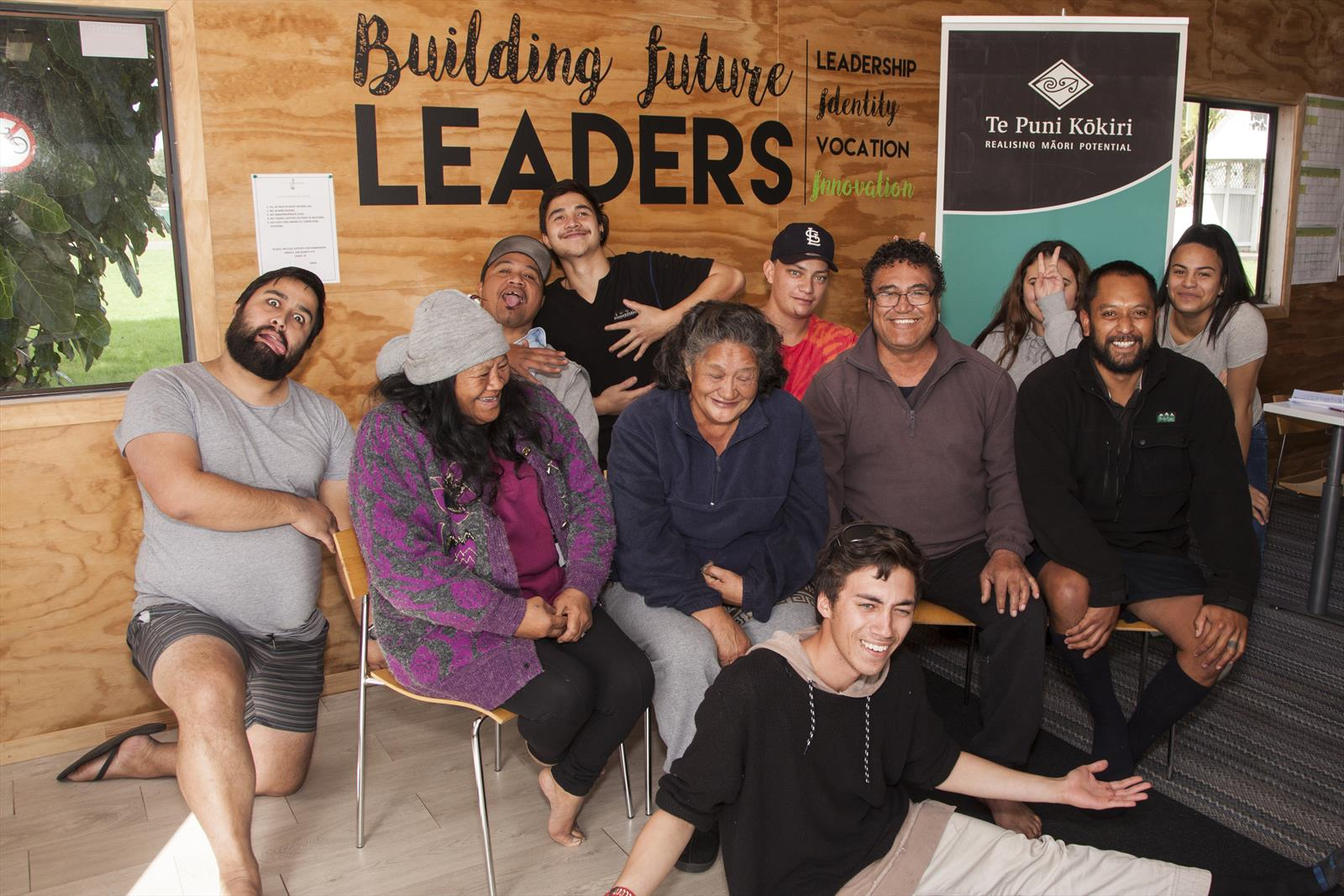Taiohi Ararau – Passport to Life supports young Māori on their pathway to training and employment by helping them get essential documents like their driver’s licence and IRD number.
Kia ora, this Fund has been fully committed for the 2023-24 financial year. We will advise when applications open for 2024-25.
Last updated: Rāapa, 03 Hōngongoi, 2024 | Wednesday, 3 July 2024
What's on this page?

Licensing course at Te Ara Rangatahi at Tahuna Pā, Tahuna, Waiuku.
About Taiohi Ararau
Taiohi Ararau – Passport to Life is an innovative programme that supports young Māori aged 15-24 who are not receiving a benefit and not in employment, education or training.
Through the programme, taiohi and their whānau work with community leaders to get essential documents including:
- Birth certificate
- Driver’s license
- IRD number
- Bank account
These documents are tools to assist young people on the pathway to further education, training or employment.
Background
Te Puni Kōkiri secured $4 m over four years to test Taiohi Ararau - Passport to Life in Budget 2017. See media release.
The initiative is part of a wider Government approach to supporting young people into employment, known as He Poutama Rangatahi – Youth Employment Pathways.
Taiohi Ararau – Passport to Life is aimed at Māori aged 15 – 24 years who are not in education, employment or training, a cohort known as NEETs.
Labour Market statistics in March 2018 show the Māori NEETs rate was 21.3. percent, compared to the national rate of 11.4 percent.
Pilot Programme Results
Te Puni Kōkiri has worked with four providers in the north to deliver the Taiohi Ararau - Passport to Life pilot. These providers have a combined history of more than 100 years’ service in Te Tai Tokerau.
- Te Kotahitanga E Mahi Kaha Trust, Kaikohe [PDF, 270KB]
- He Iwi Kotahi Tātou Trust, Moerewa [PDF, 281KB]
- Te Hau Awhiowhio O Otangarei Trust, Whangārei [PDF, 276KB]
- Waitomo Papakāinga Development Society Incorporated, Kaitāia [PDF, 283KB]
Evaluation Report
Taiohi Ararau Evaluation report [PDF 1.4MB]
In 2021, Te Puni Kōkiri commissioned an evaluation of the Taiohi Ararau programme. The objectives of the evaluation were to understand whether the programme’s objectives were achieved in Te Tai Tokerau to identify what factors contributed to taiohi achieving success. The evaluation also sought to identify what other support, if any, would be needed to support taiohi to achieve success.
The evaluation used a kaupapa Māori approach, putting taiohi and their whānau at the centre and drawing on kaupapa Māori theory, principles and practices. The evaluation concluded that “Taiohi Ararau has been a success. It has re-engaged a vulnerable group in society, rangatahi Māori, who often lack the skills, knowledge, resources and parental support to succeed in life”.
Infographic summary of findings [PDF 261KB]
This infographic provides a snapshot of key data and insights collated on taiohi who participated in the programme as part of the evaluation.